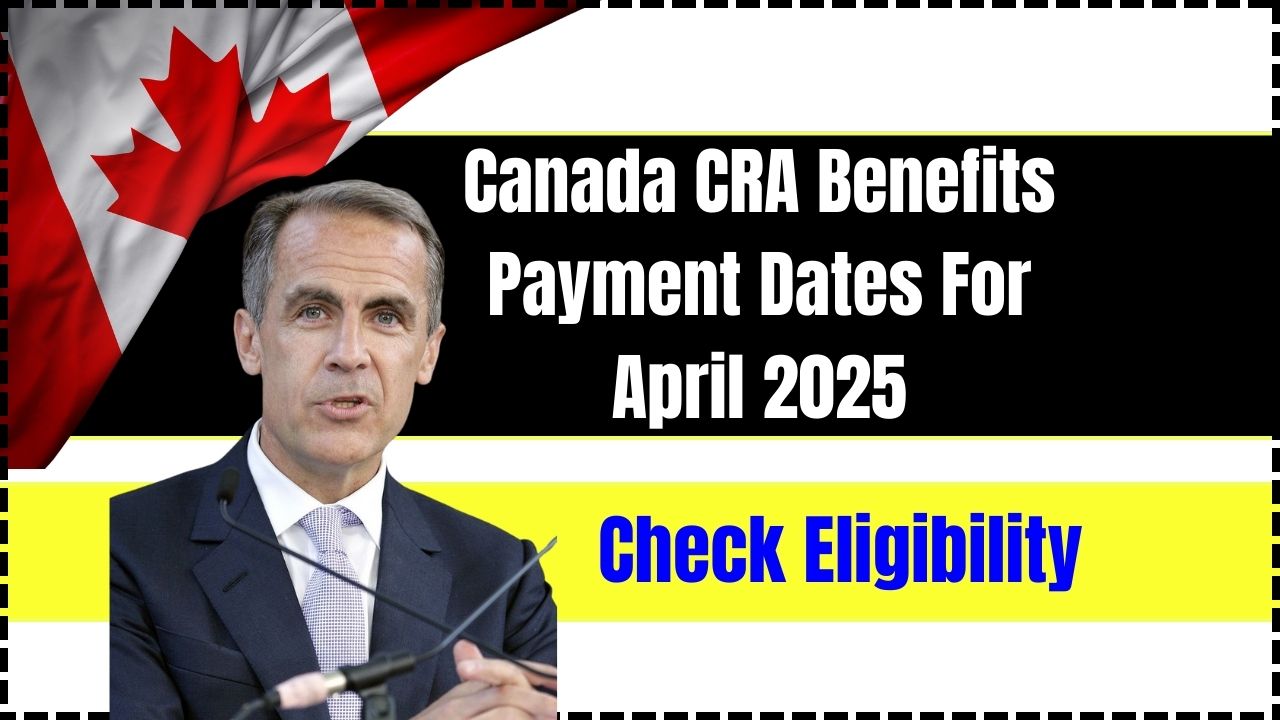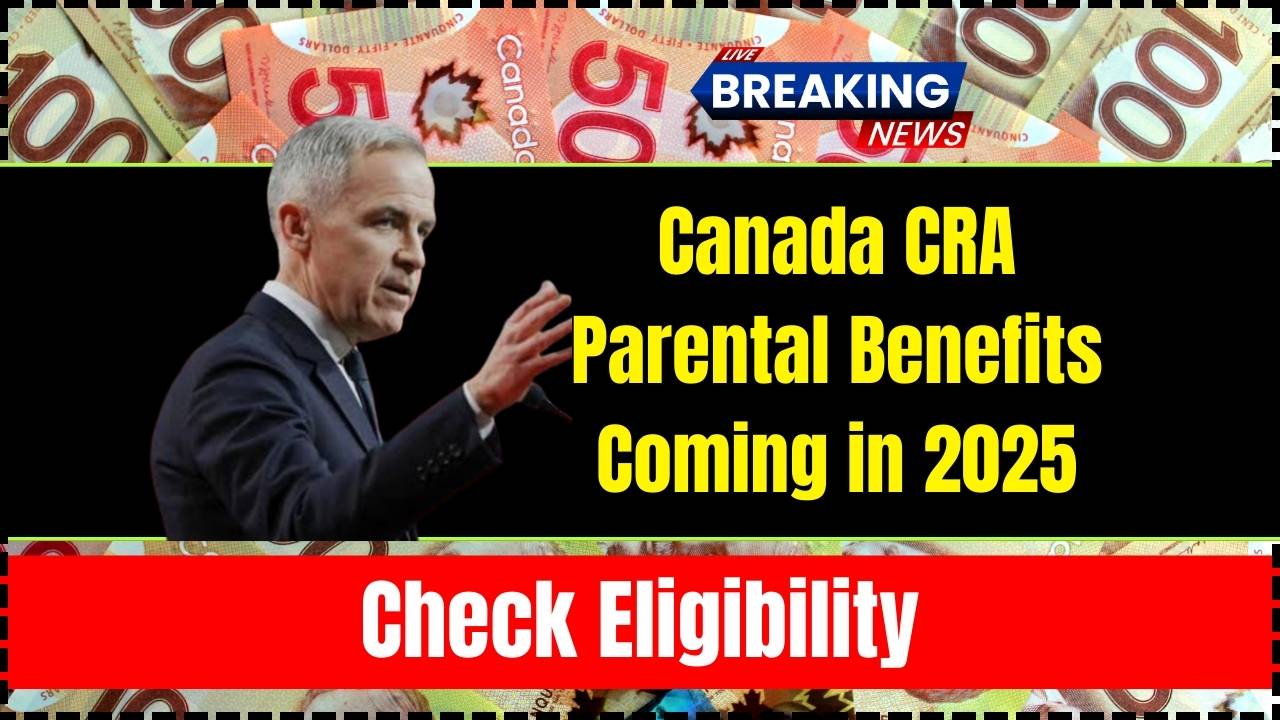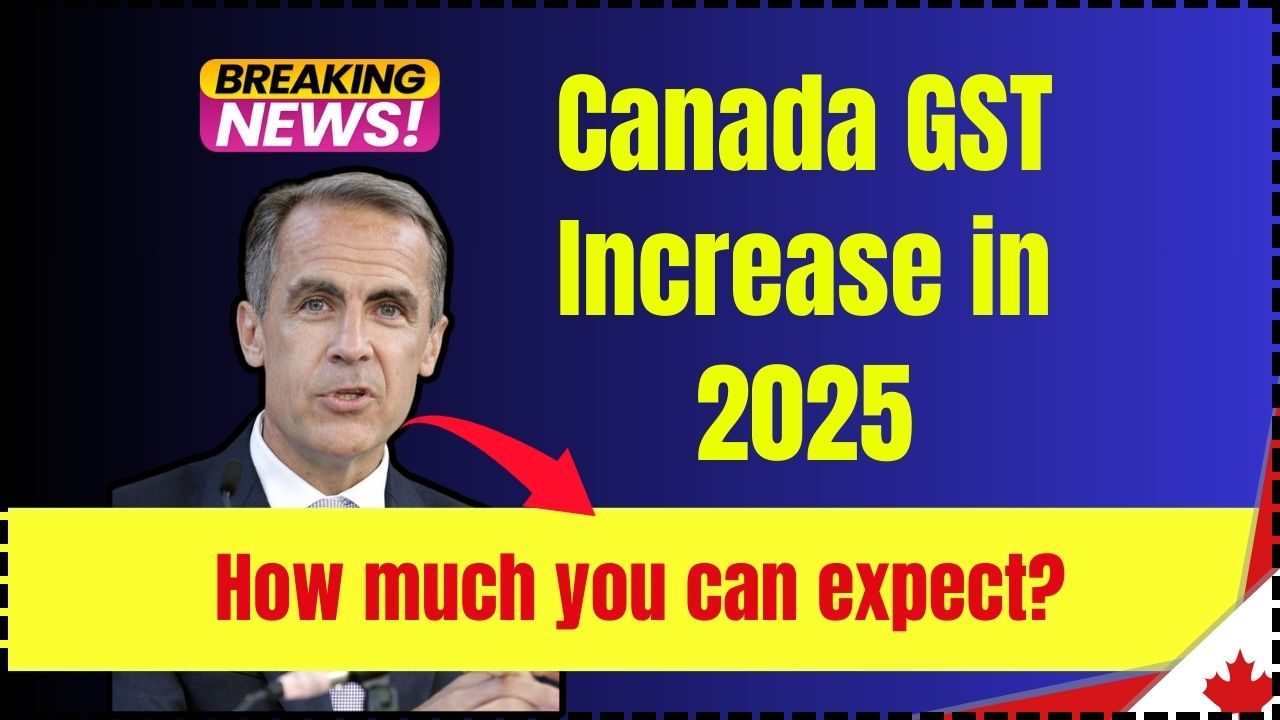
Canada Students Tax Credits For 2025: Canada is known for supporting its students with various tax credits and financial aid programs. In 2025, with a new Prime Minister taking office, students and families are asking: What’s changing, and what remains the same? This article explains Canada Student Tax Credits for 2025—how they work, what’s new under the incoming leadership, and how to make the most of them. Whether you’re a full-time student, parent, recent graduate, or financial advisor, this guide offers clear, actionable advice for your tax return this year.
Canada Students Tax Credits For 2025
Canada continues to support students through robust tax credit programs in 2025, and under the new Prime Minister, these benefits are likely to remain strong—possibly even more generous. Whether you’re a student, parent, or advisor, understanding these credits can lead to significant savings. So, gather your documents, file early, and don’t leave money on the table.
| Feature | Details (2025) |
|---|---|
| Tuition Tax Credit | 15% non-refundable credit for eligible tuition payments. |
| Student Loan Interest | 15% credit on eligible government student loan interest. |
| Moving Expenses Deduction | Deduction if you moved 40 km+ closer to school and have eligible income. |
| Canada Training Credit (CTC) | Refundable credit; $250/year accumulation, max $5,000 lifetime. |
| Provincial Programs | E.g., Saskatchewan’s Graduate Retention Program: up to $24,000 over 7 years. |
| Tax Deadline | April 30, 2025 for individuals (June 15 for self-employed). |
| Official Resource | Canada Revenue Agency (CRA) |
What’s Changing in 2025 Under the New Prime Minister?
As of April 2025, Canada is transitioning to a new federal government. While the full tax policy impact will unfold over time, early signals show:
- The Conservatives, leading in early polls, propose a 15% tax cut on the lowest income bracket. If implemented, students with part-time or entry-level jobs could keep more of their earnings.
- The Liberals, aiming to retain leadership, plan a 1% reduction on the lowest federal tax rate, benefitting low-income individuals, including students.
- Both parties support continued investment in skills training and workforce transition programs, suggesting that credits like the Canada Training Credit will remain or expand.
In short, major student tax credits aren’t going anywhere in 2025—but their value could increase depending on income and provincial affiliation.
Understanding Canada Students Tax Credits For 2025
1. Tuition Tax Credit
This is one of the most valuable tools for students.
- What It Is: A non-refundable tax credit that reduces the amount of income tax owed.
- Value: 15% of eligible tuition fees. For example, if your tuition is $6,000, you may reduce your tax owed by $900.
Steps to Claim:
- Obtain a T2202 tax form from your school.
- Fill in your federal tax return using line 32300.
Can’t Use It All?
- You can transfer up to $5,000 to your parent, grandparent, or spouse.
- Or, carry forward the unused portion for future years when your income increases.
2. Student Loan Interest Deduction
If you’re repaying student loans, this can help.
- What It Covers: Interest paid on government student loans.
- Credit Value: 15% of interest paid (e.g., $300 interest = $45 in tax credit).
- Time Limit: Interest can be carried forward for 5 years if not used immediately.
To claim:
- Use line 31900 on your tax return.
- Ensure your loan qualifies (bank loans or credit lines don’t count—only government student loans do).
3. Moving Expenses Deduction
Moved for school? You may qualify for a deduction if:
- You moved at least 40 km closer to your school.
- You have taxable income from scholarships, bursaries, or part-time work.
Claimable Expenses Include:
- Storage and transportation.
- Temporary housing (up to 15 days).
- Meals and vehicle expenses.
Use Form T1-M to track expenses, and report them on line 21900.
4. Canada Training Credit (CTC)
This newer benefit helps with ongoing learning and job transitions.
- Refundable: You get money back even if you owe no tax.
- Value: $250/year, up to $5,000 lifetime.
- Eligibility: Age 26–65, $10,000+ in earned income, and at least $10,000 in taxes paid in prior year.
Provincial Programs: Hidden Gems
Some provinces offer powerful education-related tax credits and grants.
Saskatchewan: Graduate Retention Program
Graduates who stay in Saskatchewan can claim up to $24,000 over seven years. It’s available for post-October 2024 grads and helps reduce or eliminate provincial tax.
British Columbia, Ontario, and Quebec
Each province offers different credits or deductions. For example:
- Ontario provides tuition and education tax credits for provincial income.
- Quebec offers generous education and training credits under its own provincial tax system.
Tools to Make Filing Easier
Several free or low-cost resources can help you file your student taxes.
1. Certified Tax Software
The CRA has a list of NETFILE-certified software. Popular options:
- TurboTax (free for students)
- Wealthsimple Tax
- StudioTax
2. CRA My Account
Register to:
- Access tuition and loan info.
- Track refunds.
- Check your CTC eligibility.
3. Free Tax Clinics
CRA’s Community Volunteer Income Tax Program (CVITP) helps students with low income file taxes for free.
Common Tax Mistakes Students Should Avoid
- Not Filing a Return – Even with no income, you can still earn credits and refunds.
- Missing the Deadline – Late filing may result in penalties or lost benefits.
- Forgetting to Transfer Credits – Don’t let tuition credits go to waste; transfer or carry them forward.
- Using Ineligible Loans – Only government student loans qualify for the interest credit.
Canada Sends Out $928 in April – Who Qualifies for This CRA Boost?
$500 Inflation Relief in PEI –Check If Your Income Impacts Eligibility
Low-Income Canadian Seniors Can Claim $1,518 Extra – How to get it? Check Eligibility
Frequently Asked Questions (FAQs)
Q1: Can international students claim these credits?
Yes, if they’re considered residents for tax purposes and meet all eligibility criteria.
Q2: Do I need to file if I earned no income in 2024?
Yes. Filing keeps you eligible for refunds, GST/HST credits, and student benefits.
Q3: What if my school doesn’t issue a T2202?
You may not be eligible for the Tuition Tax Credit. Only designated institutions can issue this certificate.
Q4: Can part-time students claim these credits?
Yes, but the tuition must be for courses taken to acquire or improve job skills.






